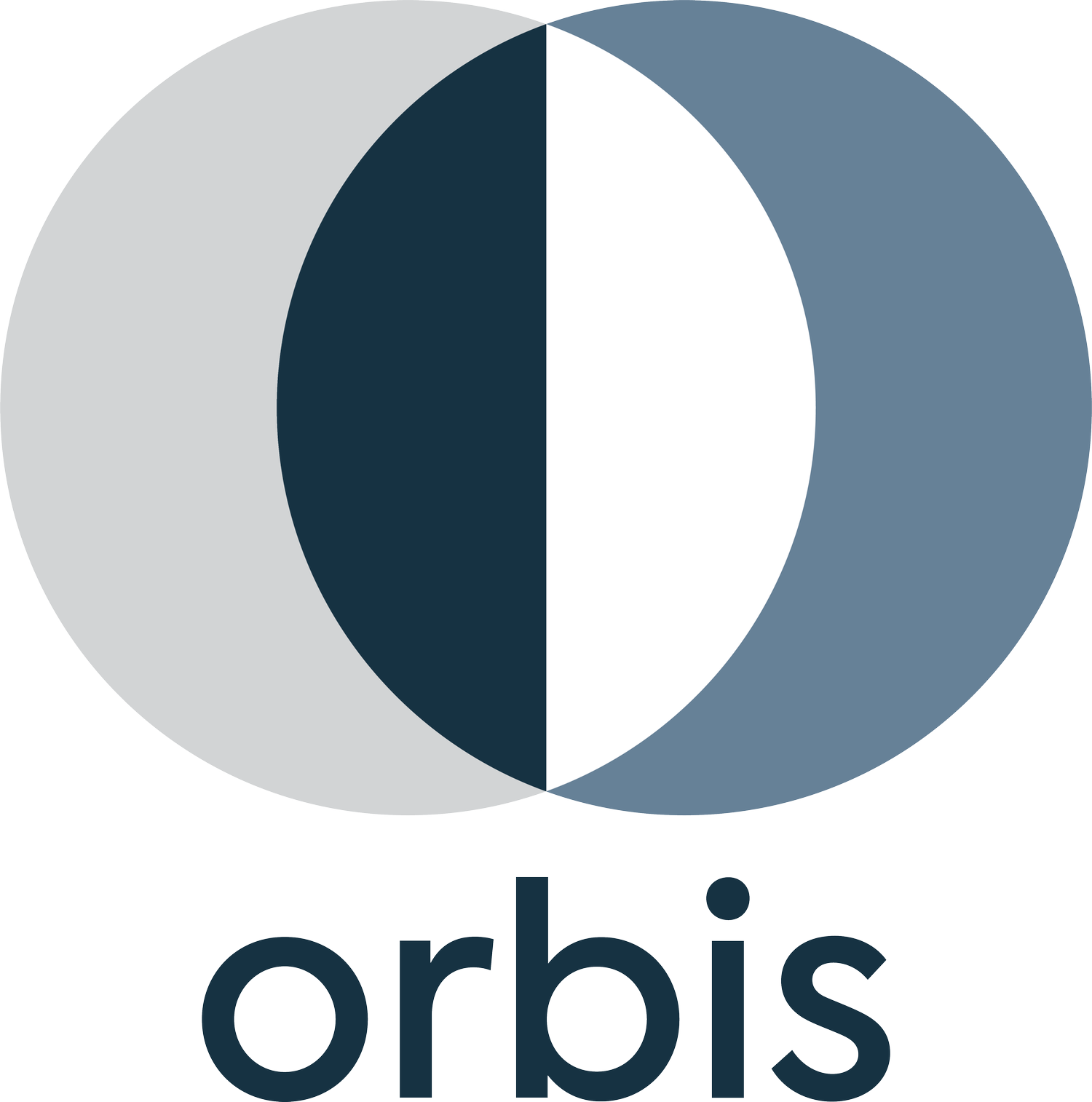EU Taxonomy: Impact on Businesses and Investors
On the 9th of December, member states of the EU approved the first EU Taxonomy climate Delegated Act, making way for the regulation to take effect as of January 2022. The EU taxonomy was the top recommendation in the European Commission’s Action Plan on Sustainable Finance. It will work alongside other regulations, such as the Sustainable Finance Disclosure Regulation (SFDR), to provide ‘a complete toolkit’ for financing the transition to carbon neutrality. The EU Taxonomy will be influential far beyond the European Union, including in the UK where a UK Taxonomy is currently in development.
So, what exactly is the EU Taxonomy?
The EU Taxonomy is a green classification system for economic activities which aims to clarify which, and to what extent, activities covered are considered environmentally sustainable. To be environmentally sustainable under the taxonomy, or ‘taxonomy-aligned’, economic activities must meet the following four criteria:
Make a substantial contribution to at least one environmental objective;
Do no significant harm to any other environmental objective;
Comply with minimum safeguards, and;
Comply with technical screening criteria.
The technical screening criteria (TSC) specify environmental performance requirements that economic activities must achieve to align with climate goals, such as reaching net zero by 2050. The first EU Taxonomy climate Delegated Act delivers the first set of technical criteria for defining activities that contribute substantially to climate change mitigation and adaptation, with future Delegated Acts expected in coming years. From the 1st of January 2022, large financial and non-financial companies (large public-interest companies with more than 500 employees) and financial market participants will be obliged to disclose the percentage of their activities that are eligible under the EU Taxonomy. Mandatory reporting on Taxonomy-alignment will be introduced from 2024.
It is important to note that the EU Taxonomy does not restrict the activities of a company or investor to only those that are considered ‘sustainable’. Instead, companies and investors that fall under the inclusion criteria listed above are required to disclose how many of their economic activities are taxonomy-aligned. This is then intended to reveal the extent to which they take part in or support sustainable and/or unsustainable economic activities. The EU Taxonomy will bring a common understanding for companies and investors over sustainable activities and hold them accountable for their contribution towards environmentally harmful economic activities. It will also highlight those companies and investors that are successfully striving towards net-zero.
However, those exempt from the disclosure rules – small and medium-sized companies (SMEs) – can also benefit from the EU Taxonomy and voluntary alignment is highly recommended. For example, the technical screening criteria would ensure that a company is aligning their economic activities to verified, science-based performance targets in line with reaching net-zero by 2050. This will be incredibly helpful information for creating credible Sustainability Transition Plans. Through alignment with the EU Taxonomy, companies will also attract investors looking to invest in green opportunities, as encouraged by the new disclosures. Finally, the disclosure requirements are expected to be extended in the future to cover SMEs. Therefore, by aligning early, SMEs can immediately increase their attractiveness to investors and build long term resilience to future legislation.
Orbis Advisory work across a broad range of sectors to develop and support ESG strategies to meet investor demands, prepare for upcoming legislative changes, and create tangible benefits both now and in the future. Please see our website to explore our full range of services, or send an email to info@orbisadvisory.com for any inquiries.

